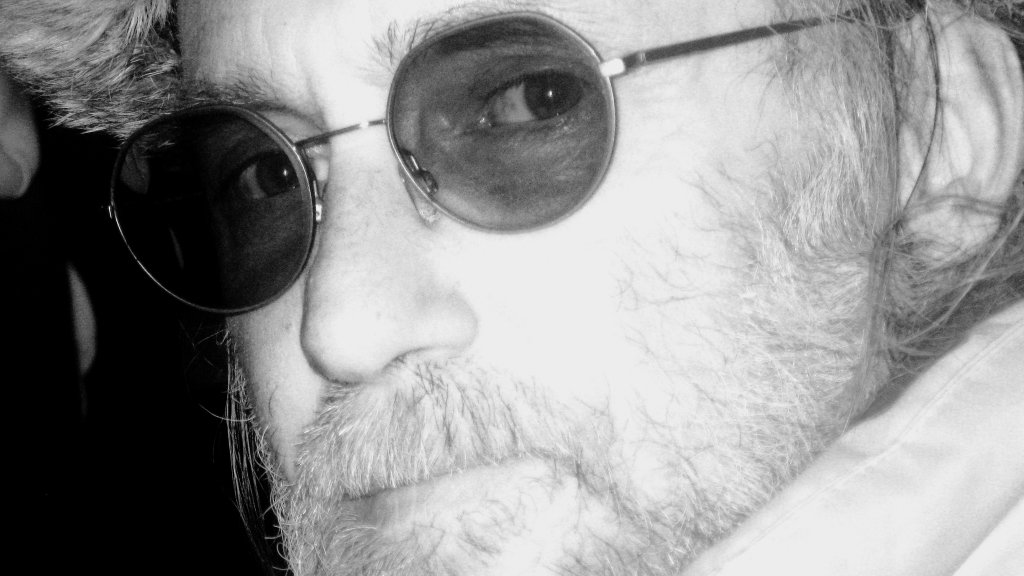Unpublished Opinions
I am a freelance writer. My work is middle east affairs and aboriginal issues.
Medicine is magic: Over prescription - call it the presley syndrome.

The pharmaceutical industry is perhaps the most ambitious of all industries. Ambition and aggression are all part of the package for 'big pharma.' Modern medicine has taken its toll on society, yet with all its magic we are still enthralled with finding the cure.
“Medicine is magical and magical is art
The boy in the bubble
and the baby with the baboon heart,
These are the days of miracle and wonder
and don’t cry baby, don’t cry.”
from The Boy in The Bubble (Graceland), PAUL SIMON, Warner Brothers, 1987
A suggestion in a song, and, perhaps a statement affecting all of us who visit the doctor.
North Americans typically believe in their doctors for health care. A great many would agree with British physician, William Osler: “the desire to take medicine is perhaps the greatest feature which distinguishes man from animals.” Worship of the healthy body has made a big industry out of health care, whether officially sanctioned, or the mercantile hodgepodge of health care options available today. Admittedly, most of these industries are harmless, yet there is a seamier side.
Consider for a moment the over consumption problem resulting from overprescription According to Ivan Illich, “medicalized addiction has outgrown all other forms.” Clearly there is a zealous need in society to control how we feel physically and mentally. Allowing a cold to run its course is something our grandparents did, in today’s world, the overwhelming response to the common cold is a visit to the doctor or pharmacy for help, help being medication to head the common cold off at the pass, and, hopefully shorten our discomfort and misery. Call this need for control the Presley Syndrome.
A result in this eagerness to maintain good health is a tendency to depend almost entirely on a curative health care system. We put blind faith in those providing the cure. This blind faith is nothing new. When there is pain, there is something magical in taking a percodan. Thirty minutes into it, the pain magically disappears. Take too many of these and they’ll wean you off with something else. If this fails to work, count on a trip to therapy, which inevitably leads to another magic potion: a trip down on Valium, in the guise of muscle relaxants. And of course, all the while we look for more, and continue to trust these magic men and women providing care.
Not unlike the primitive Montagnais Indians in eastern Canada three centuries ago, who relied on ritual, magic, and sorcery to cure diseases, we too rely on medicine men and women to perform their services with magic, a slight amount of salutory sleight of hand.
Certainly the spell-making, chanting, dancing and paraphernalia the Montagnais used has disappeared, however, in place of iron fish hooks, wood shaped like a serpent’s tongue, and iron arrow points, our medicine men and women use props such as technology, chemistry, science and psychology to name a few.
Regrettably, our society has bought into the idea being sick neccessitates a quick fix from the medical profession.
In modern times the back-drop has changed, as has the musical score, The medicine hut is now the “ Medical Clinic”. Drums and rattles are now middle of the road F.M. music, and the chanting is now a soothing voice over from the practioner, offering needed words of reassurance. However, the performers are still performing the same play…looking for the cure, finding the quick fix. Only the backdrop and set have changed.
This quick fix mentality began at the turn of the 20th century, when society’s focus on science had reached new heights. Science had begun its creeping advance. Americans campaigned for scientific medicine, management, administration, housekeeping, childrearing, and so on,with science being the driving force. Doctors set their mandate as one of finding the cure, and, of course finding the cure depended on what science could offer up at the time.
With this new directive of finding the cure, the germ theory reared its ugly head. Sickness and disease were now seen as the enemy, their weapons of choice were germs. Society’s attitude was expressed clearly in the hit stage play of the day, “The Doctor’s Dilemma” by George Bernard Shaw:
Sir Bloomfield Bonington, {a scientific doctor}: If you’re not well, you have a disease.
It might be a slight one, but it’s a disease. And what is disease? A lodgement
in the system of a pathogenic germ, and the multiplication of that germ. What is the
remedy? Very simple. Find the germ and kill it.
Sir Patrick: Suppose there’s no germ?
Sir Bloomfield Bonington: Impossible Sir Patrick, there must be a germ, else
how could a patient be ill?
Clearly science was looming on the near horizon. A new spirit was brooding in the water. Science cleared the way for doctors being considered experts. A transcendent cloud of science enabled this to happen and science became the grid against medicine’s foes. We, in North America began to consider science as sacred. And of course with this came the magic.
Perhaps it is in our nature to demand this need for magic and wizardry. Call it an enchantment with the unknown. In our innocence we seek out ways of exploring obscure concepts. Unlike other beings, we conceptualize, and it is this need to conceptualize which makes us postulate and theorize…always thinking but not thinking, never really considering all the options, alternatives and consequences. The quest for a cure has devoured all our idea men and women, prevention plays second fiddle to the orchestrations of science looking for the cure.
This thirst for knowledge has overwhelmed us, our real objectives become lost and the quest becomes all important. There is a never ending search in science for that all important salutory sleight of hand. And this is nothing new.
Over thirty years ago Thomas Szasz made a suggestion which, perhaps holds as much weight today as it did in 1974:
“Formerly, when religion was strong and science was weak, men mistook
magic for medicine, now when science is strong and religion is weak, men mistake medicine for magic.”
If this is true, we are very fickle indeed.



Comments
Be the first to comment